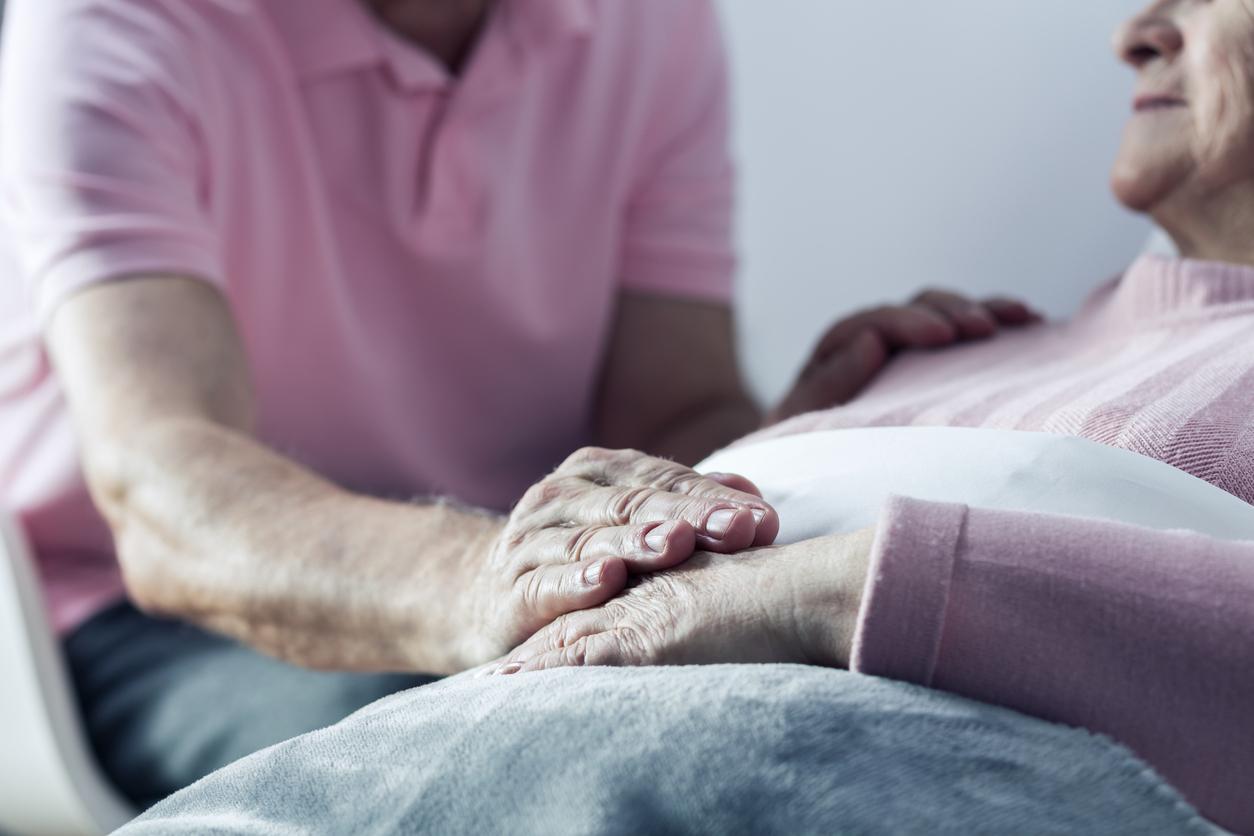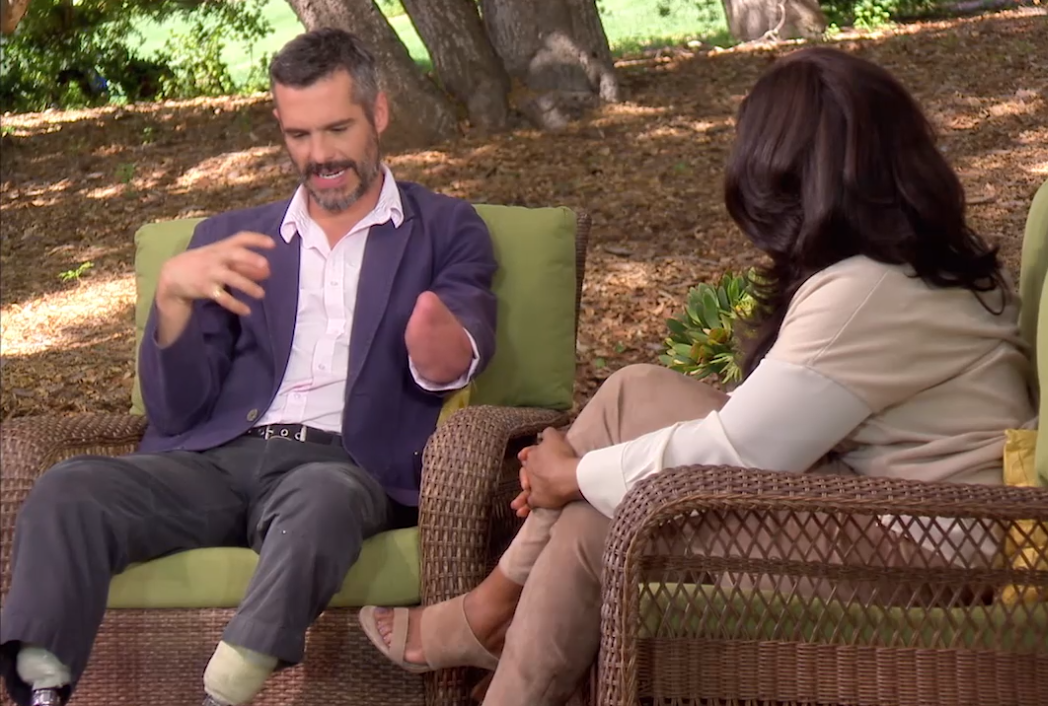What happens the moment after you die, according to a hospice doctor
It's a "sacred and gorgeous moment," he says

It’s something we’ve all wondered: what happens to you after you die?
Of course, no one can really know - death is a mystery - but some of us are certainly in a better place to speak about the topic than most.
One such person is Dr B J Miller, who is a hospice and palliative care physician at the University of California in San Francisco.
In his role, Miller spends his time working with terminally ill patients who are reaching the end of their lives.
And in a discussion about life and death with Oprah, Miller, who is also the former executive director of the Zen Hospice Project, has revealed what happens as soon as you die.
“I’ve been around people who are just about to die, bodies that have just died, and there is this lingering sense,” Miller says. “There’s a lingering.”
Unless you’ve been in the situation yourself, it’s hard to understand how this lingering manifests itself, but Miller says it clearly happens.
He himself came close to death in a freak accident that saw him losing three limbs. However he says this has made him less concerned with that happens after the lingering.

“One thing that my injuries helped me with was to not need to know,” Miller says.
“I didn’t need to have control over everything, I didn’t need to know the answers anymore. I mean, I love not knowing. The answer’s unimportant. It’s just a sacred and gorgeous moment.”
According to Miller, who’s spent years caring for terminally ill people, there’s often no dramatic moment of death, but rather it’s somewhat ordinary.
“I’ve been around folks who, I’ll be sitting there talking with their family and we’re having a conversation, and the person dies in the middle of a conversation. And it’s seamless,” he says.
“It’s almost gorgeously... mundane. It’s just, they were here and now they’re gone. There’s a moment where it’s just so matter-of-fact... That’s its sort of charm. It’s its beauty.”
Miller believes the immediate moment after death should be respected and the moment of transition honoured.
“It’s such a profound, stunning moment to see the body finally as a shell and devoid of that person,” he says.
“In that moment of transition around the body, you’re really in touch with the continuum of life, that life is proceeding. That individual is gone, but life goes on.”
Join our commenting forum
Join thought-provoking conversations, follow other Independent readers and see their replies
Comments
Bookmark popover
Removed from bookmarks